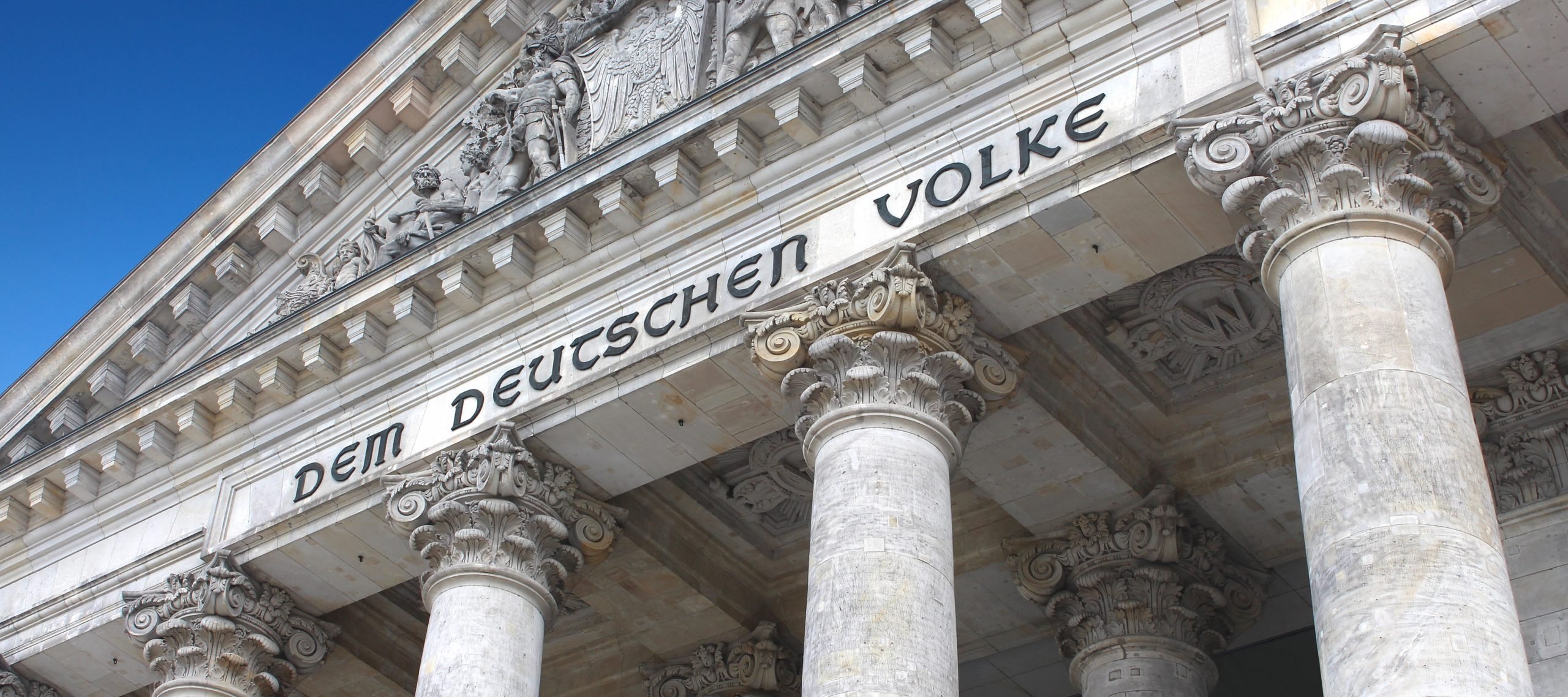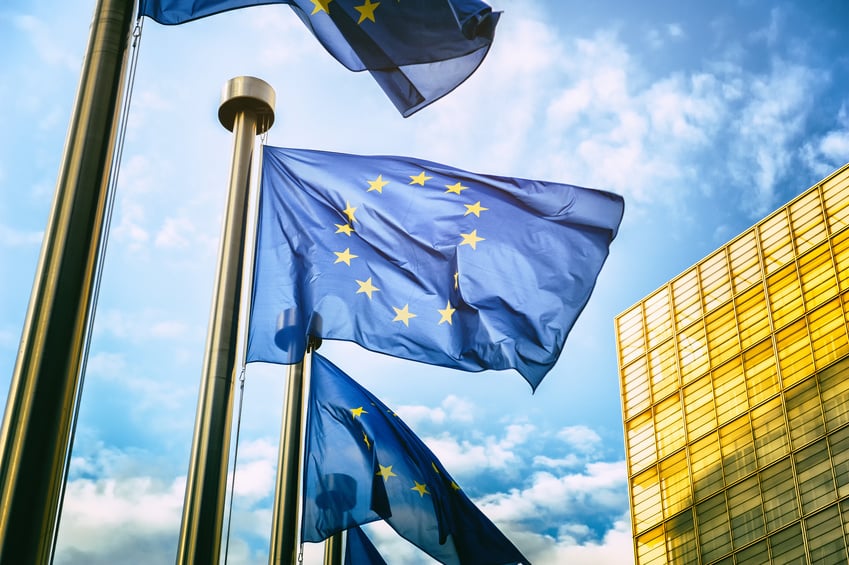In a major shakeup to businesses’ obligations relating to human rights, environmental standards and climate change, the Corporate Sustainability Due Diligence Directive is set to become law.
In this article, we focus on the nature of the due diligence obligations: what is required in terms of diligence, what types of impacts are covered, etc.
After long and tough discussions, EU ambassadors adopted a new compromise proposal on the Corporate Sustainability Due Diligence Directive (CSDDD) in Brussels on 15 March 2024. Now the measures are likely to pass into law. The next step is for the Parliament to give its approval.
On 15 March 2024 a new compromise proposal of the Corporate Sustainability Due Diligence Directive (CSDDD) was agreed upon by the EU Member States. The CSDDD sets out human rights and environmental due diligence obligations for companies within and also outside of the EU. Some key regulations have been eased in order to reach an agreement and pave the way for passing the law. As a next step the European Parliament has to adopt the Directive before the Member States will have to transpose the Directive into national law.
On 24 January 2024, the European Commission published a package compromising five initiatives aimed at bolstering the EU’s economic security amidst growing geopolitical tensions and profound technological transformations. Central to this package is a proposal for a reform of the existing EU foreign investment review screening framework as it currently exists on the basis of Regulation (EU) 2019/452 and essentially provides for a notice-and-comment procedure in its current form.
Leading technology companies have agreed to help prevent deceptive AI content from influencing the many elections worldwide in 2024. This commitment was announced at the Munich Security Conference. This commitment comes at a crucial time, with over four billion people across more than 40 states set to vote in elections this year. Within the generally prevailing discussion about AI and ethics, the increasing use of AI in political discourse has raised concerns about its potential impact on geopolitical developments.
On 24 January 2024, the EU Commission released its Decision establishing the European Artificial Intelligence Office (AI Office). This client alert focuses on the integration timeline, jurisdiction and scope of the AI Office, alongside questions yet to be addressed.
This alert focuses on AI hallucinations and their implications for the responsible use of AI in your business. It aims to provide an overview of the legal ramifications of AI hallucinations, as well as recent regulatory developments in this area.
Artificial Intelligence (AI) is revolutionizing the human resources landscape, offering unprecedented opportunities for efficiency and innovation. However, this rapid adoption of AI also brings forth critical ethical considerations, particularly in the fields of employment law and human rights protection. Several laws and regulations on AI governance are currently on the way. At the EU level, for example, the AI Act is currently in the legislative process.
The European Carbon Border Adjustment Mechanism (CBAM) entered into force on 1 October 2023. The full panoply of obligations will gradually start to apply during the so-called Transitional Phase through 31 December 2025. Importantly, EU importers will have to submit the first report under the CBAM shortly, by 31 January 2024, reporting on the scope of embedded emissions in certain goods they have imported during the first quarter year the CBAM has applied (1 October 2023-31 December 2023). This article covers what EU importers need to report on by the end of the month, 31 January 2024, together with an overview of the new regulation and the obligations it sets out.
On 23 December 2023, the United Nations Advisory Body on Artificial Intelligence released an interim report, marking a step forward in the global discourse on Artificial Intelligence (AI) governance. This report, a collaborative effort of experts from government, the private sector, civil society, and academia, calls for a robust global framework to regulate AI. Its publication underscores the urgency and complexity of addressing AI’s rapidly evolving landscape.





